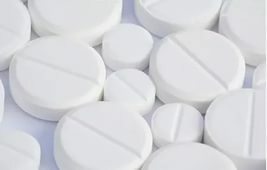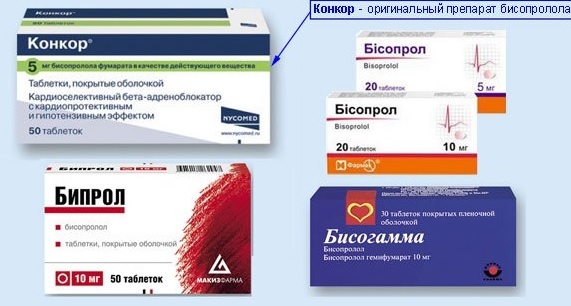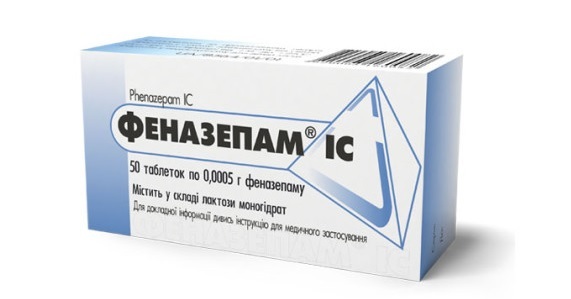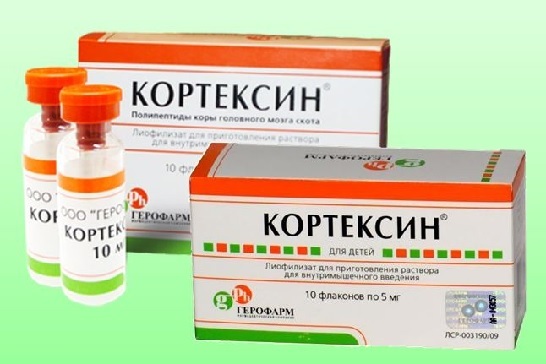Ibuprofen instead of aspirin
Content:
- Less side effects of
- How effective is ibuprofen
- Prevents the formation of thrombi
Previously, everything was very simple. A universal remedy for all diseases was aspirin. It is now much more difficult to choose the right analgesic. Of course, the doctor today can recommend aspirin. Or offer ibuprofen, an analgesic, in 1984, allowed for sale without a prescription.
Ibuprofen, which is an active ingredient in drugs such as advil, mothrin and nuprin, can be taken as a substitute for aspirin. He is much like him. In our Russian pharmacy network there are not only ibuprofen, but also similar drugs: orthophene, voltaren, indomethacin, piroxicam, etc. Like aspirin, ibuprofen relieves pain, inflammation, fever and weakens the headache. Ibuprofen reduces swelling. It also helps with dysmenorrhea - the painful menstrual cramps that some women suffer every month.

Why is it necessary to replace aspirin?
Why not stop at affordable and inexpensive means?
Less side effects of
The reason is simple: Aspirin can be an effective pain killer, but its use is usually accompanied by side effects. With prolonged use of aspirin, there are often disorders of the gastrointestinal tract and even ulcers. Ibuprofen has similar healing properties, but it has fewer side effects than aspirin. Ibuprofen belongs to a relatively new class of drugs known collectively as NSAIDs - non-steroidal anti-inflammatory drugs. NSAIDs are by far one of the most common medicines in the world. Strictly speaking, aspirin also refers to NSAIDs, although this term is usually applied to drugs such as ibuprofen, indomethacin and fenoprofen.
Ibuprofen, like aspirin, relieves pain by stopping the body's production of prostaglandins - chemicals that cause pain and inflammation. With infection, damage to the skin or sudden exacerbation of rheumatoid arthritis, prostaglandins raise anxiety. The pain signal comes to the brain;Leukocytes are sent to the damaged site. As a result, there is a painful edema. Ibuprofen in this case "removes" prostaglandins from the game and thus eliminates pain and swelling.
To many people, aspirin is contraindicated because of its side effects. Most easily tolerate ibuprofen. In one study, patients with rheumatoid arthritis took several different types of NSAIDs - aspirin, ibuprofen, fenoprofen, naproxen and tolmetine. Ibuprofen was in second place, second only to naproxen, which is sold on prescription. Aspirin, by the way, took the last place.
How effective is ibuprofen
In one study, 107 patients who had to remove the teeth received one of such drugs as ibuprofen, acetaminophen or placebo daily( a harmless drug prescribed for calming the patient).People who took ibuprofen did not experience as much pain after removal as those who took placebo or acetaminophen.
Ibuprofen is so potent that it is equated to methylprednisolone, a powerful analgesic steroid drug. Ibuprofen even showed itself as acetaminophen and codeine combined. In addition, it is much cheaper than prescription analgesics.
Prevents the formation of blood clots
The word "aspirin" was full of headlines of all periodicals, when the study showed that in small doses( one tablet every other day) it can prevent heart attacks in healthy people. Is it possible to say the same about ibuprofen? And why not. Ibuprofen, like aspirin, dilutes blood, not allowing cells forming clots to accumulate in the bloodstream. After all, the idea is very simple: if you maintain unimpeded movement of blood, you can reduce the risk of heart attacks. Of course, sometimes it is necessary that the blood coagulate well, for example, with a cut. Before surgery, patients are usually advised to abstain from ibuprofen or aspirin. In addition, it should be remembered that ibuprofen may increase bleeding during menstruation.
On the other hand, ibuprofen helps reduce intrauterine pressure and the frequency of uterine contractions, which in turn improves well-being.
English scientists have suggested that ibuprofen, aspirin and other NSAIDs can prevent cataracts if taken regularly. Moreover, ibuprofen has shown itself in experiments with dogs as a means of preventing hemorrhage to the brain after cardiac arrest. This is a promising result: the drug can help restore the body after heart attacks.
Ibuprofen is not without side effects. Like aspirin, it causes disorders of the gastrointestinal tract, and sometimes interferes with the action of certain antihypertensive drugs( drugs that reduce blood pressure).That is, ibuprofen can slow the healing process. How it happens.
Recall that ibuprofen removes edema, stopping the production of prostaglandins by the body. But the wounds should slightly swell. That's why the body first stimulates the inflammatory process. The resulting swelling helps to cleanse the wound;Leukocytes accumulate in the affected area and fight infection. Therefore, removing the swelling, a person interferes with the healing process.
Most people who take ibuprofen do not usually suffer from poor wound healing. If side effects occur, consult a doctor. Ibuprofen is very effective in cases of colds, bruises and headaches. In addition, it causes fewer side effects than aspirin.
write the question in the form below:



